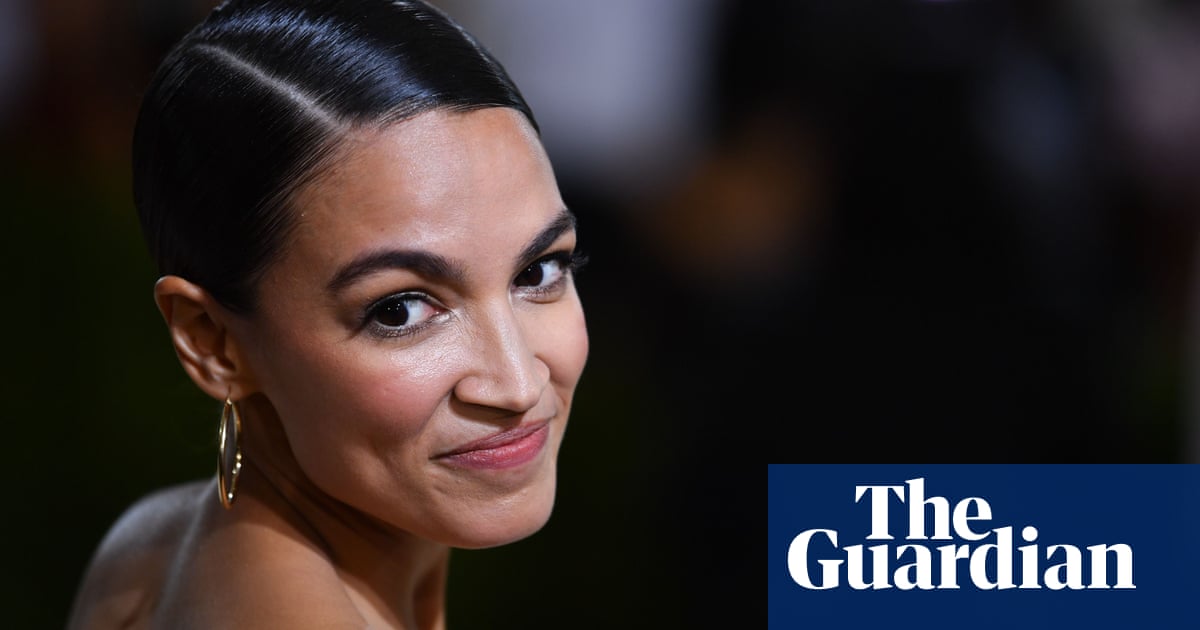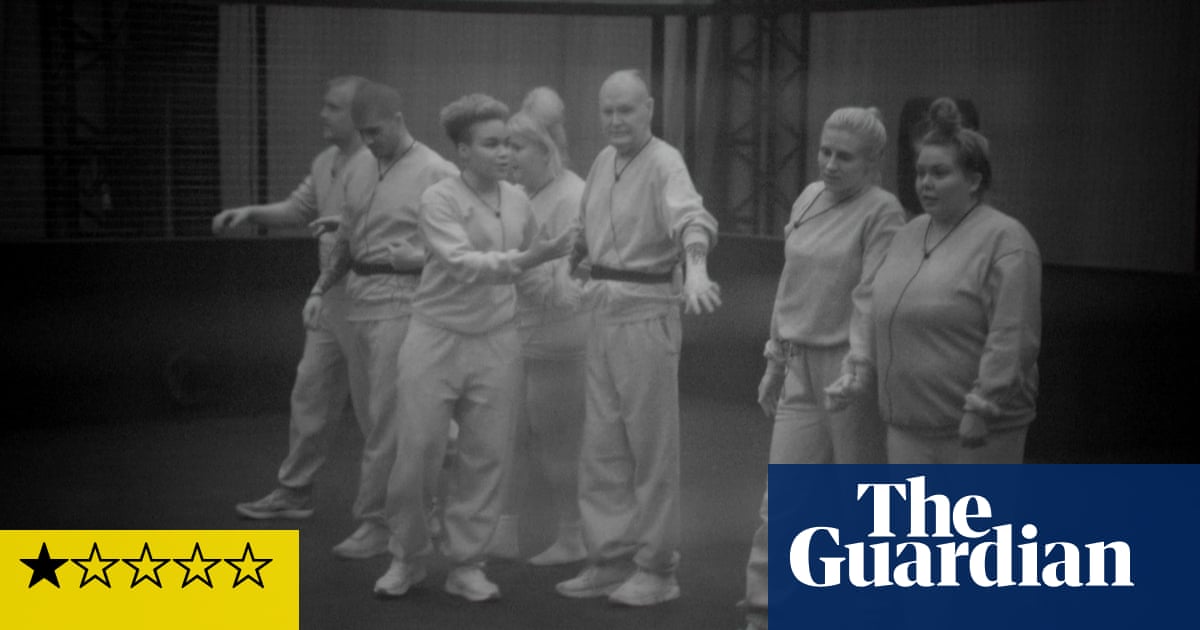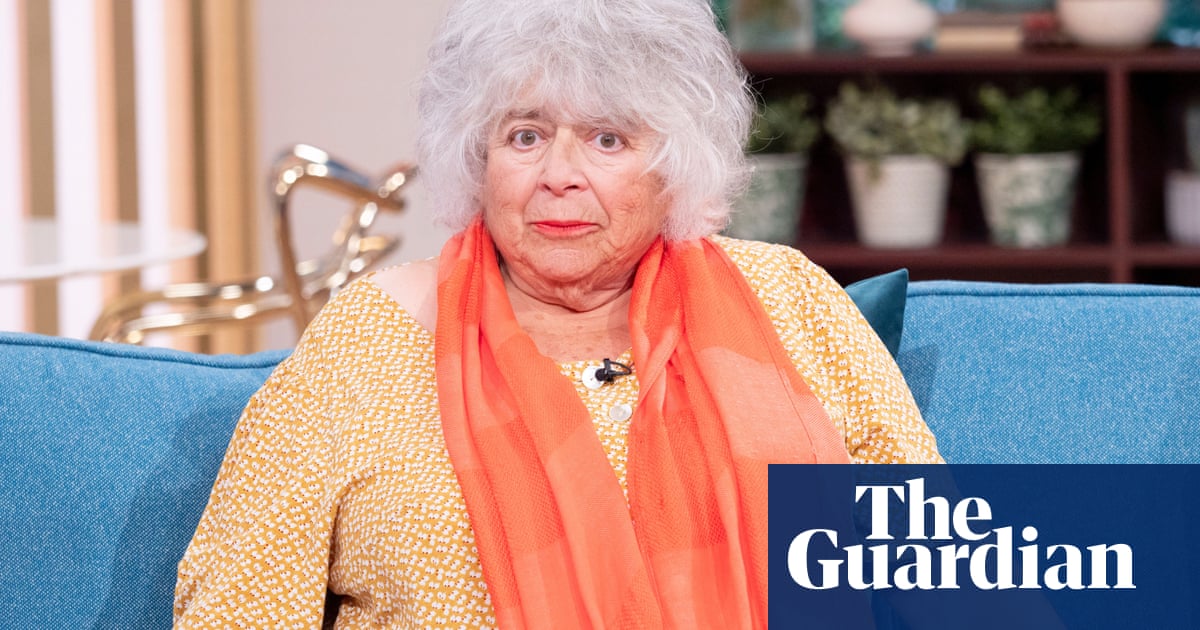
ou usually know what you’re getting with a Miriam Margolyes travel documentary, though Miriam Margolyes: Almost Australian (BBC Two) does occasionally buck the trend of blunt questions, even more blunt observations and showing off her willingness to say whatever pops in to her head. After making her way around the US in 2018, she has turned her attention to Australia. She is an Australian citizen, has a house in New South Wales and her partner Heather is Australian, so it is a country she feels she knows well. However, as she says at the start: “I live in a silly little bubble of people who think like me and sound like me.” This is her attempt to peek outside of that.
Those who enjoy Margolyes clowning around will find plenty of that on offer. She decides to become a “grey nomad”, albeit temporarily, and will drive 10,000 miles across the country in order to explore what the Australian dream means to its inhabitants. Parts of the van are a squeeze for this self-described “78-year-old fat Jewish lesbian”. “I think I might get in the loo,” she says, with a glint in her eye, hauling herself inside. “One tit, two tits ...”
She covers 2,000 miles in this opening episode, which is brisk and as far-reaching as the drive. She meets a Chinese real estate multimillionaire, who prefers the term “property concierge” and is making her fortune selling luscious, Real Housewives-esque mansions. Then she meets farmers facing devastating drought conditions that have turned their once-green land to dust. As a person who will happily say “I really don’t like children” to parents, and mean it, she is also forced to meet a lot of children. Harrison, the son of farmers who are struggling, tells her he is hopeful that rain will come. If his father could see out the drought of 1982, he says earnestly, “we can get through this one”. “Have you heard of climate change?” says Margolyes, which is somewhat deflating.
Her ability to ask whatever she wants to, no matter how unsparing, makes her explorations unique in a way that few travel presenters can muster. She meets Claire, a woman in late middle age who lives out of her van and speaks of freedom. “Are you a homeless person?” asks Margolyes, brusquely. It is seemingly insensitive, yet it cuts to the heart of a growing problem – that women over the age of 55 are the fastest-growing homeless population in the country. Their conversation is illuminating and frank.
Less successful is her interview with Lidia Thorpe, the first woman of Aboriginal descent to be elected to state parliament; there was a lot to learn and I wanted Margolyes to listen more and interrupt less. But then, in a charity shop, she meets Moj, who had come to Australia by boat from Afghanistan when he was a young boy. His parents died in the war and he doesn’t know exactly how old he is. His visa will run out next year, and under current Australian rules, he would not be allowed permanent residency. Both are moved to tears by their meeting. “The Australian dream is fiction,” Margolyes muses later, disillusioned and upset.
A big part of Margolyes’ appeal is her lack of filter. It’s why she is such a popular guest on talk shows and podcasts, and why, occasionally, what she says can cause a stink. But the essence of her travel documentaries is simply the old saying that there’s nowt so queer as folk, and her keenness to learn and understand those folk makes her programmes very much her own.











